
The Greatest Story Ever Told (continued from prior post)
Every day of our lives, we can now choose to live the life of Jesus or to live for ourselves. We can choose things that meet our desires for pleasure, power, or possessions – but bring us no closer to the purpose for which we were created. We can choose people to meet our needs and wants for attention, affection, or adulation; but they will inevitably fall short of our expectations, frequently disappoint us, and predictably hurt us time and again. Only a daily relationship with God himself can fill the void at the core of our being: to be loved and to love.
From the very moment of conception when God breathed his spirit into us, we began a life of immortality. C.S. Lewis called life on this earth merely the prologue of our story. Though brief, it is of eternal significance, for it determines how we will spend eternity: either in union with unconditional, uninterrupted, unending love or separated from that love, living with and for ourselves alone.
When he walked the earth, Jesus taught that the Kingdom of God was at hand. It even dwells within us, if we but accept the message and the person of Jesus. But that Kingdom is not of this world. It is not compatible with the values of this world. While we live on this earth, we are continually caught up in the tension between the two.
The Transition
When we choose the values of this world that are in opposition to the Kingdom of God, to some extent we corrupt ourselves, damage ourselves, and thwart our created purpose. Thus, if we are to spend all eternity with Perfect Love, a painful transition must occur after death. Catholic tradition refers to it as purgatory. It is not a punishment, but rather the pain associated with healing the wounds caused by our self-centered choices.
When an addict chooses the path of sobriety, he or she must go through a period of much suffering before being able to enjoy the health, freedom, and happiness that can accompany sobriety. The physical withdrawal along with the mental, emotional, psychological, and spiritual pain that accompanies this period is an unavoidable phase of recovery.
In a similar way, if we are to begin to live in full communion with Perfect Love, we will need to experience a kind of detox. The choices we made against our created purpose did damage to our minds, emotions, spirits, and bodies. That damage must be repaired. Those wounds must be healed. The effect of those toxins must be purified. The full sorrow for our offenses must be experienced. However, this suffering is not devoid of joy. This period is filled with hope, with joyful anticipation of the new life that is certain to follow. But what is that new life?
The Promise Fulfilled
“Eye has not seen, ear has not heard, nor has it so much as dawned on man what God has prepared for those who love him” (1 Cor. 2:9). To imagine what heaven is like or what eternity means is completely beyond our capacity. Similar to explaining Einstein’s theory of relativity to a two year old. The child has neither the capacity for abstract thinking nor the vocabulary or the cognitive constructs to even engage in the conversation.
The contemporary version of the Catechism of the Catholic Church says it this way: “This mystery of blessed communion with God and all who are in Christ is beyond all understanding and description. Scripture speaks of it in images: life, light, peace, wedding feast, wine of the kingdom, the Father’s house, the heavenly Jerusalem, paradise.” Clearer for you?
Try for a moment in your mind’s eye to picture eternity – a state of being that will never, never, never, never end. The effort alone hurts my brain.
In 1 Cor. 13:12, St. Paul says we will see God face to face. How are you doing with that image?
And unending happiness? I can envision no more tears or sadness, no more death or mourning, no more crying out in pain as promised in Revelation 21: 4. But describing what heaven is not, is not tantamount to conceiving what it is.
My elementary school Baltimore Catechism was nothing if not succinct. Number 1396 says: “the happiness in heaven consists in seeing the beauty of God, in knowing Him as He is, and in having every desire fully satisfied.”
I don’t have to understand that with my puny human mind to know that I want it with all that I am.

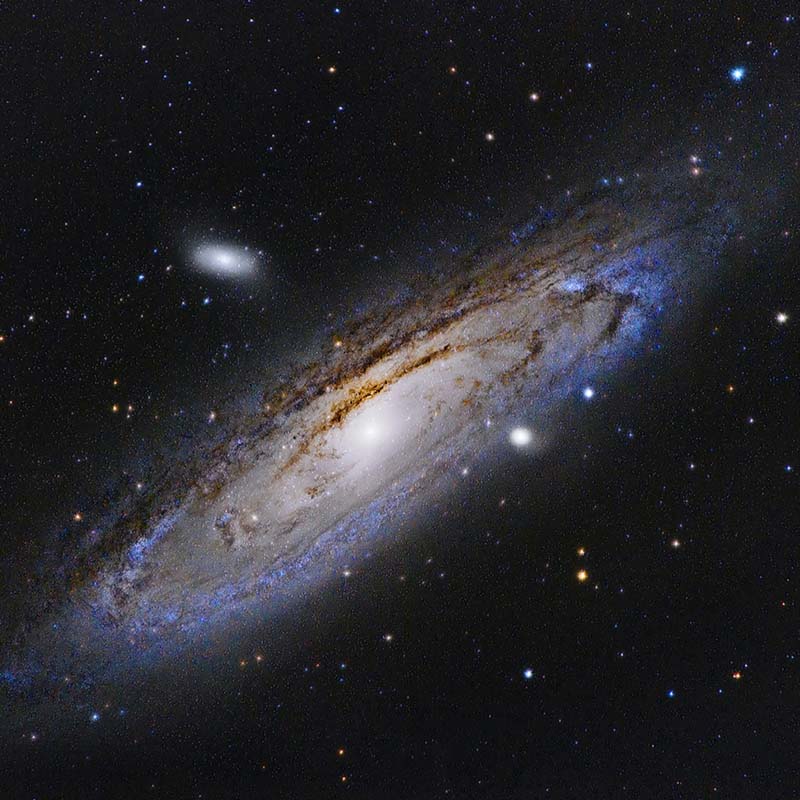
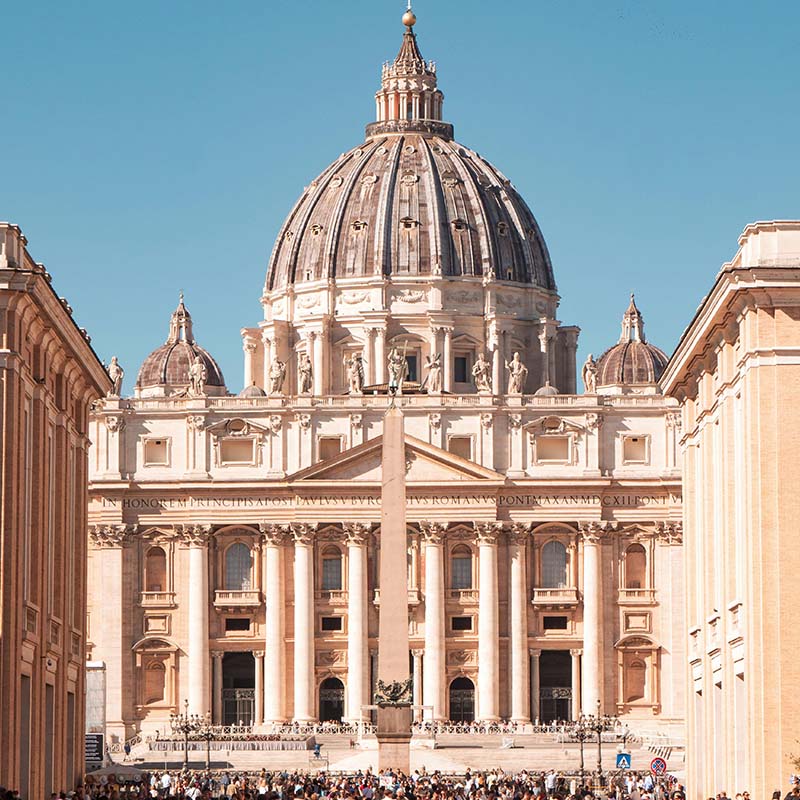


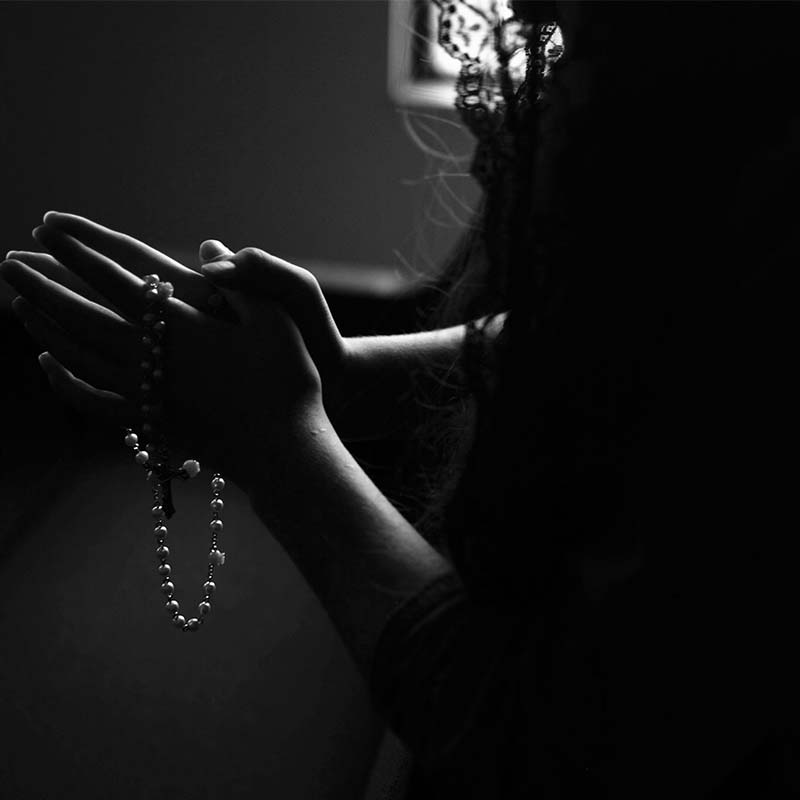
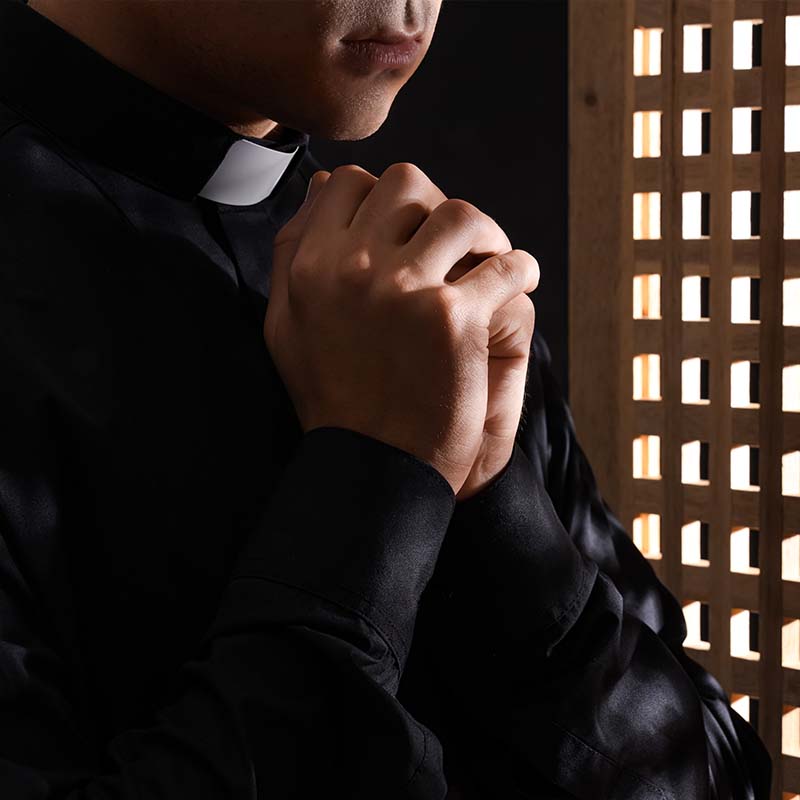

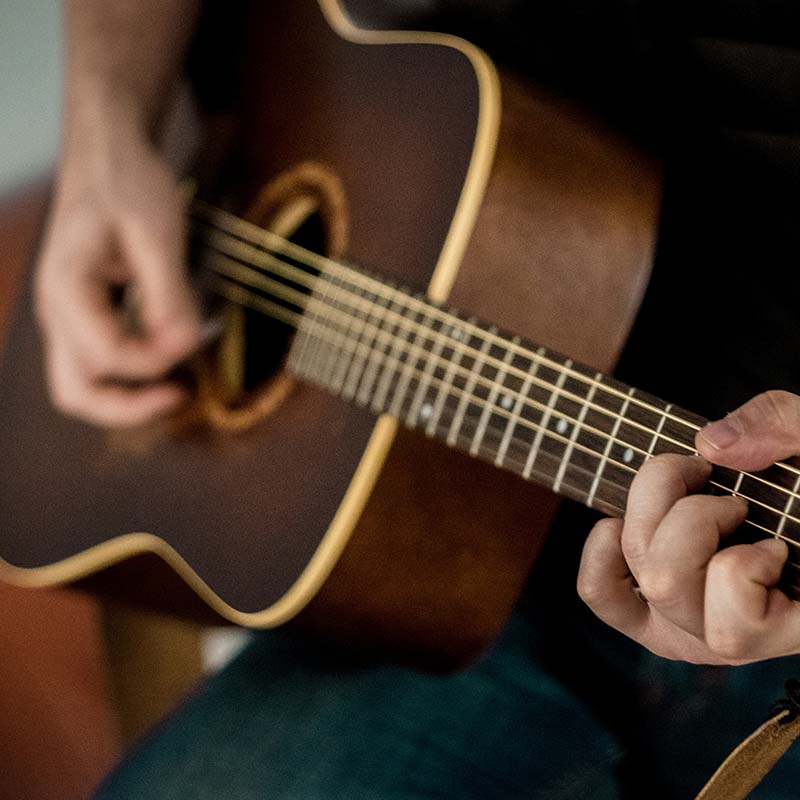


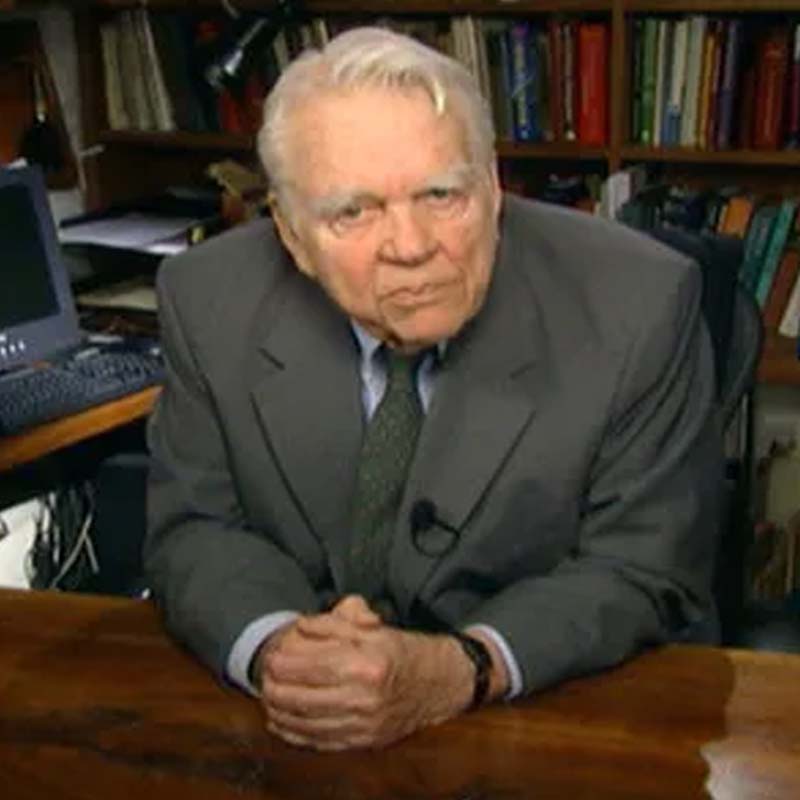

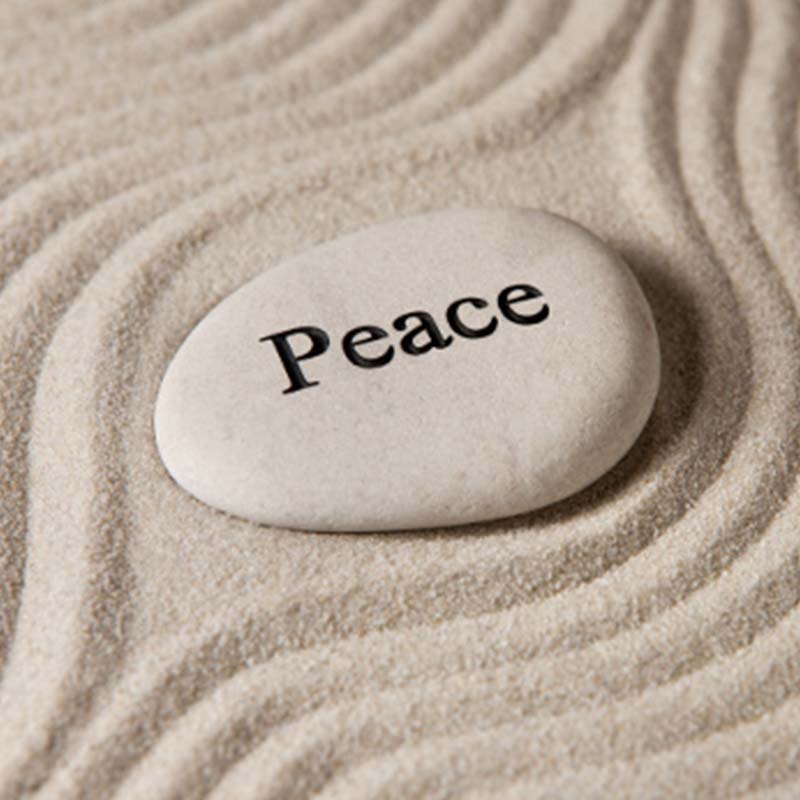
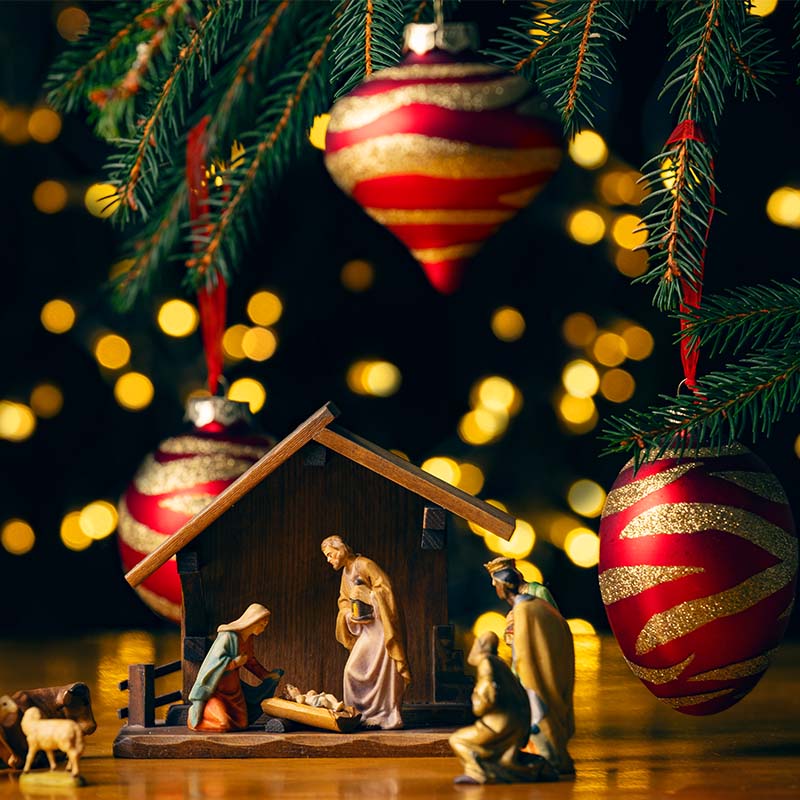


One Response
Tom, good morning. Yes, imagining meeting God face to face. My wife always says she has some questions she wants to ask! Not sure that will happen when we get there. Thanks for sharing.
Ed Wilson